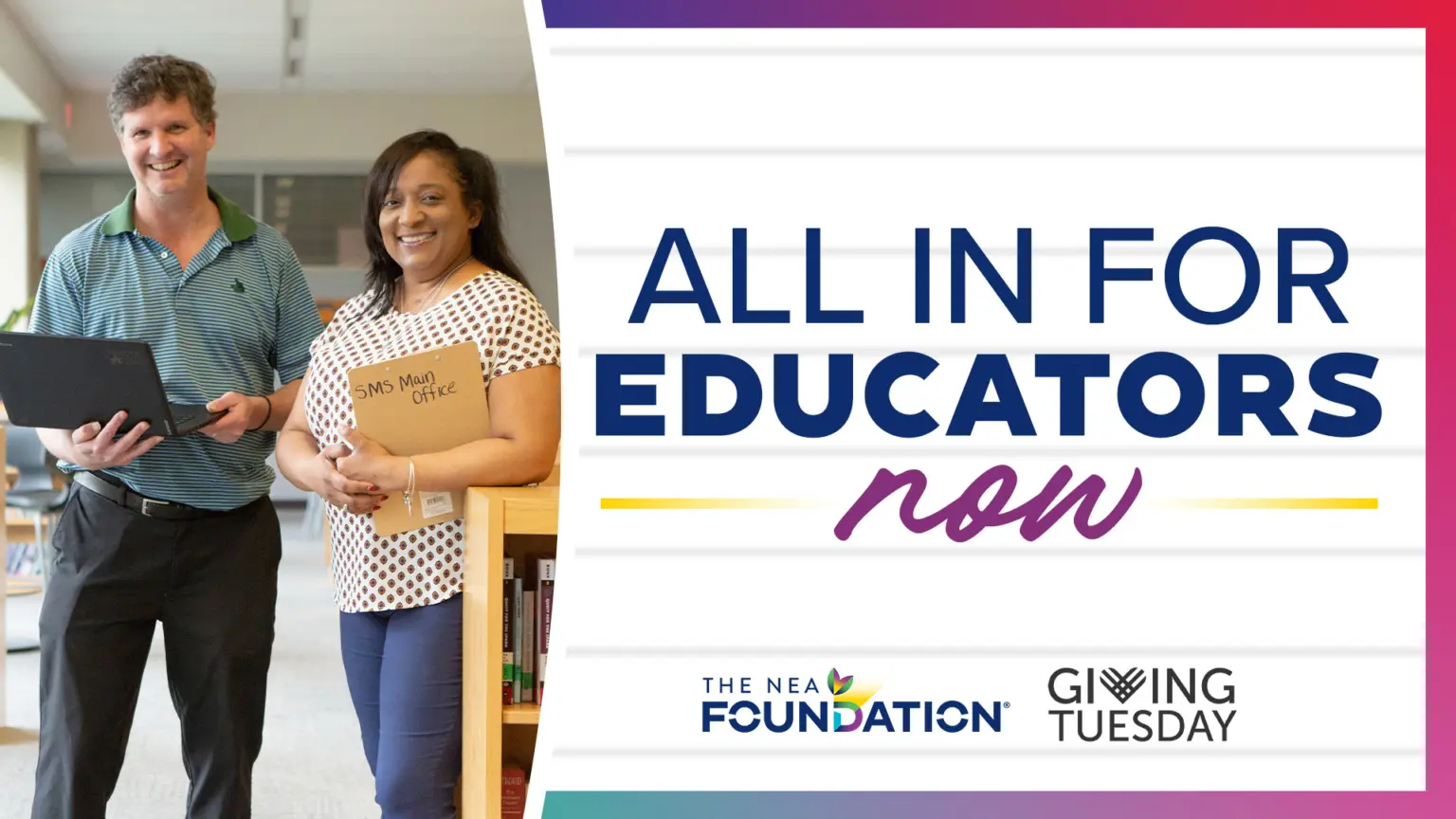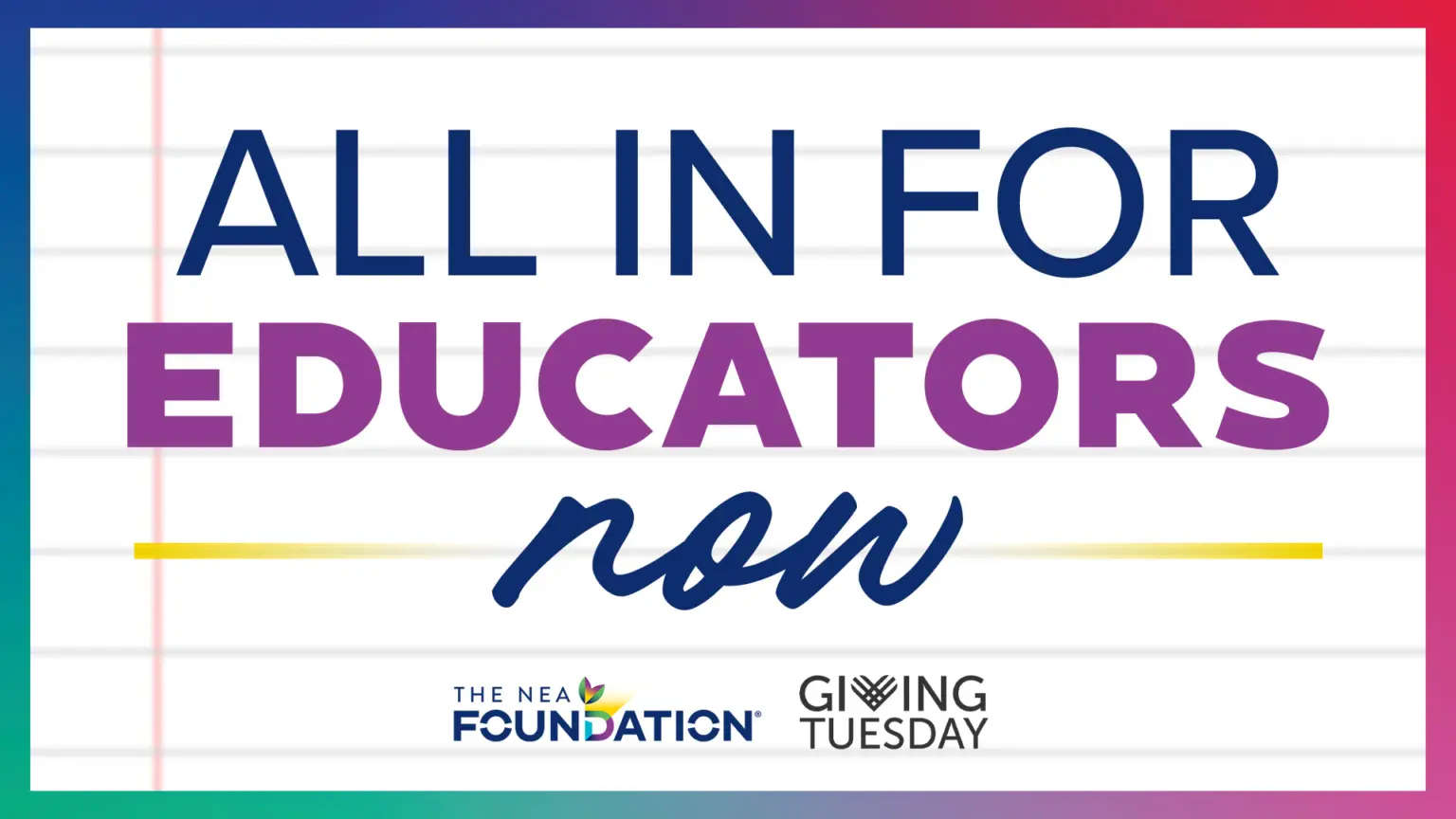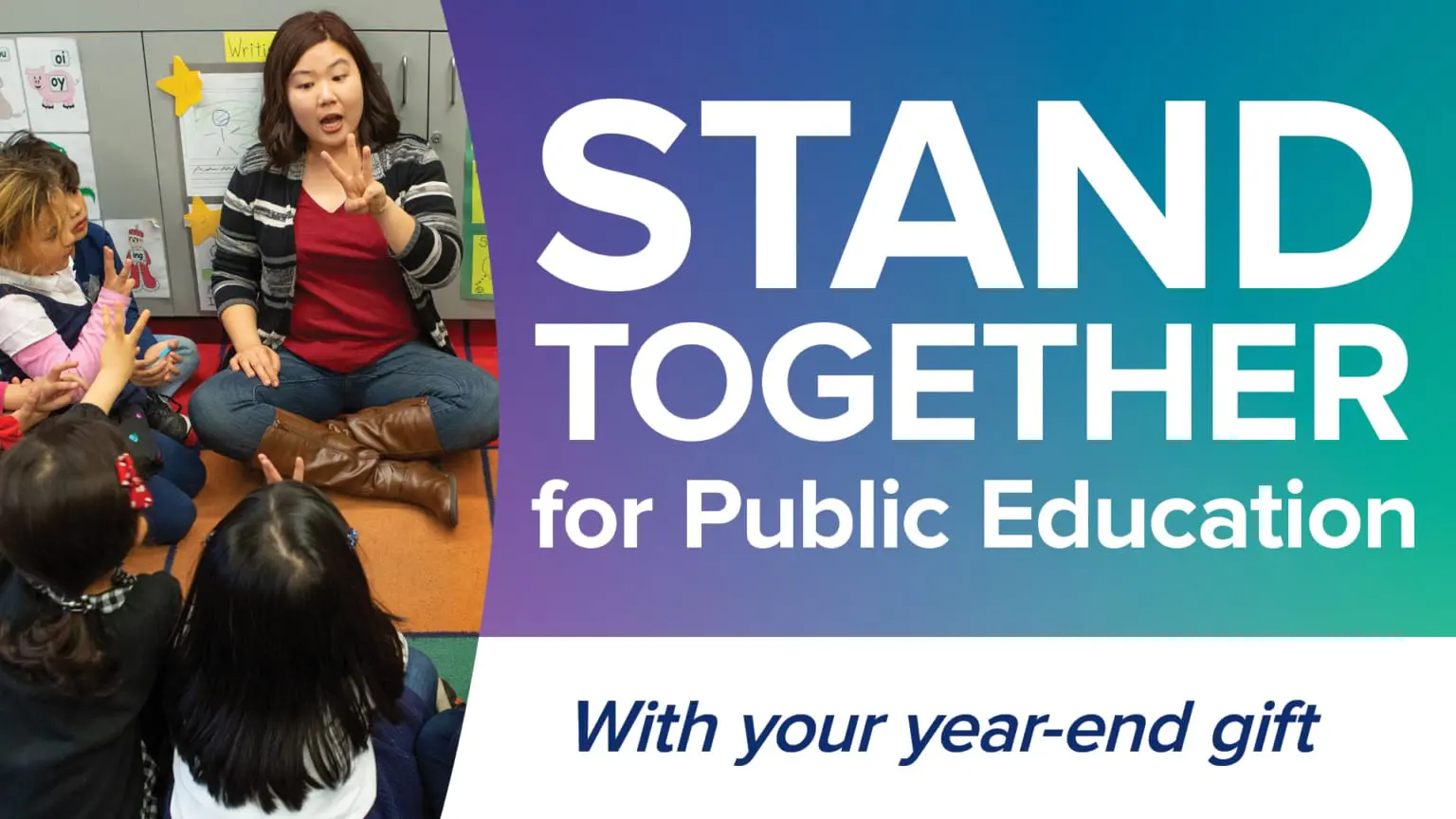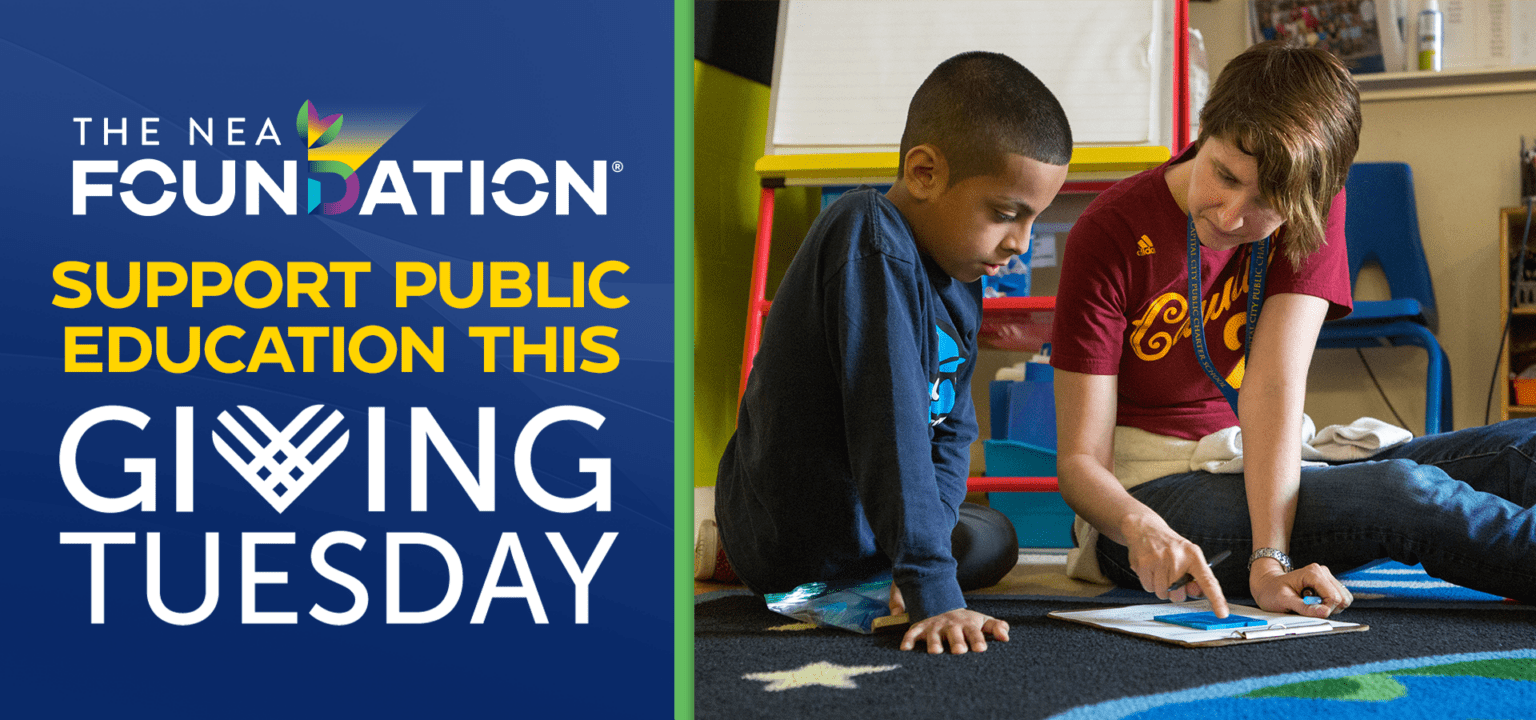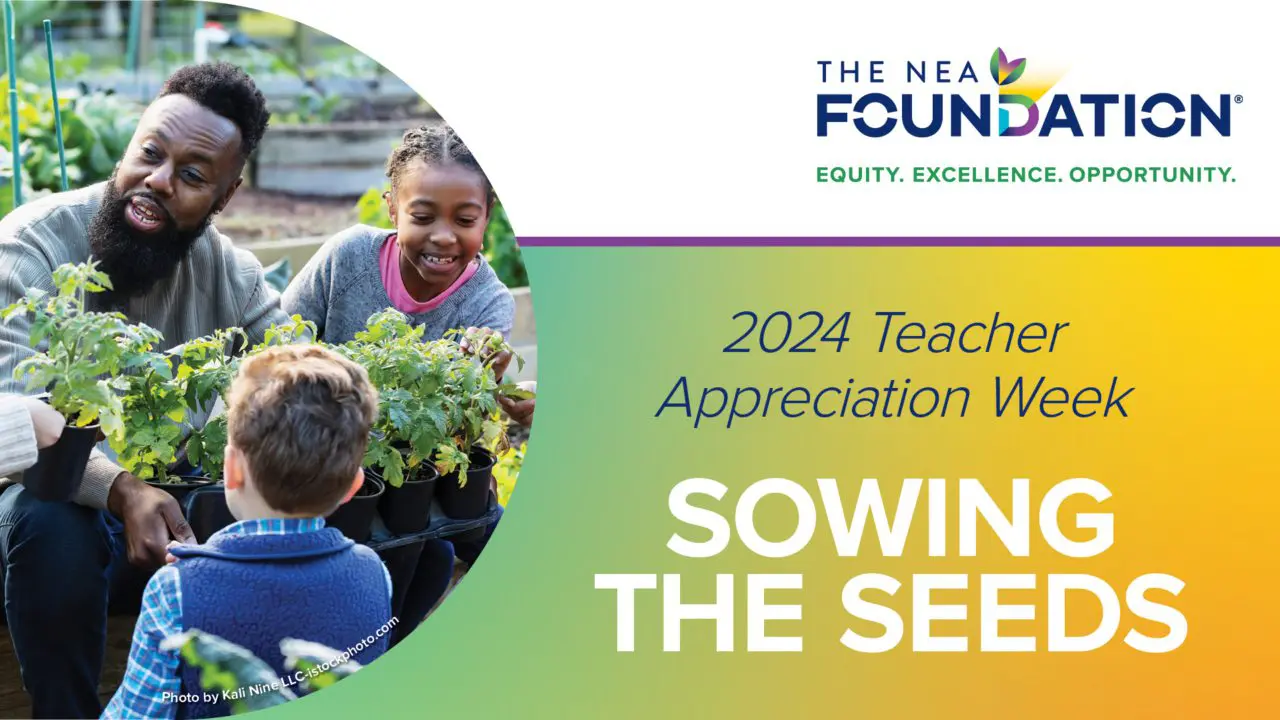With good nutrition, kids are healthier, happier, and better learners. But in a classroom of 24 students, four, on average, may not get enough to eat. The NEA Foundation, working with Partners for Breakfast in the Classroom, supports public school districts working to ensure that all students start their day nourished and ready to learn.
Some 12.9 million American children – about one in six – lived in households that struggled to put food on the table in 2016, according to USDA research. These children come to school hungry, and it’s a long time before lunch.
Though many students can get breakfast through federally funded school programs, on average only about half of the children who are eligible for the free or reduced-price breakfast actually take part in it.


Benefits
There are many academic benefits of Breakfast in the Classroom:
- improved classroom performance
- reduced tardiness and absenteeism
- fewer visits to the nurse or principal’s office
Studies show that children who do not eat breakfast are at an academic disadvantage. They have slower memory recall, make more errors, and are more likely to repeat a grade. But most importantly, through breakfast in the classroom programs, children who were hungry now have fresh, healthy food to eat.
Partners
The NEA Foundation is proud to work with the Food Research & Action Center, the National Association of Elementary School Principals Foundation, and the School Nutrition Foundation as Partners for Breakfast in the Classroom. Together, the Partners ensure that more public school districts across the country can serve breakfast in their classrooms.
For more information and to apply for a Breakfast in the Classroom grant visit: www.breakfastintheclassroom.org.
Breakfast after the Bell Fellowship
All students deserve a nutritious breakfast, but not all of them have access to one. That is why the NEA Foundation is partnering with Share Our Strength’s No Kid Hungry campaign to provide resources and training to educators to implement a breakfast after the bell program in their school.
Breakfast after the bell programs increase access to a nutritious breakfast by maximizing convenience and overcoming barriers to participation. Through these programs, breakfasts are directly delivered to classrooms, distributed via centrally located kiosks, or served during an extended break typically offered between first and second periods. Making breakfast both convenient and available to all, by offering it free to every student regardless of income at a time when they are already in school significantly increases participation in the School Breakfast Program.
Through this 10-month fellowship, educators will:
- work with their schools to design and implement a program to feed students after the bell rings;
- receive in-person and online training and support to get their program up and running;
- present their work at their NEA state or local conference or meeting;
- engage with other educators from across the country.
Funding
Fellows will receive $1,000 stipend for their time and energy and up to $3,000 for their school site to purchase equipment (including coolers and/or hotboxes, grab n’ go kiosks, trashcans, recycling bins, and cleaning supplies).
Who can apply?
This fellowship is available to current members of the National Education Association (NEA) who are educators in public schools. We especially encourage education support professionals* to apply.
Applicants will need to submit letters of support from their building leadership, local education association, and school nutrition staff with their application in order to be eligible.
* Education support professionals can be classified as: para-educators, school bus drivers, maintenance and custodial staff, food services staff, school nurses and student services workers, clerical and office assistants, school security officers, and technicians.
Breakfast in the Classroom News
Support the NEA Foundation
You can help make a difference for educators and students across the country.


